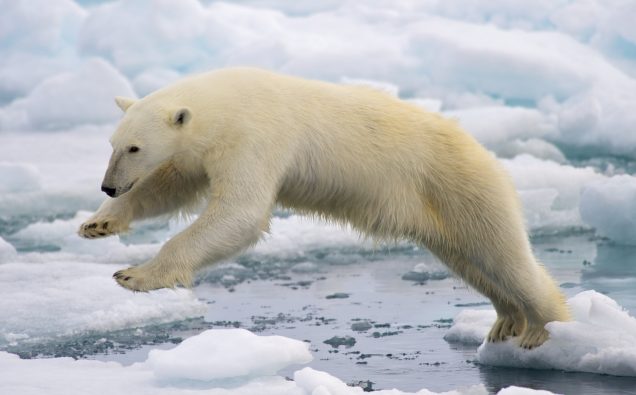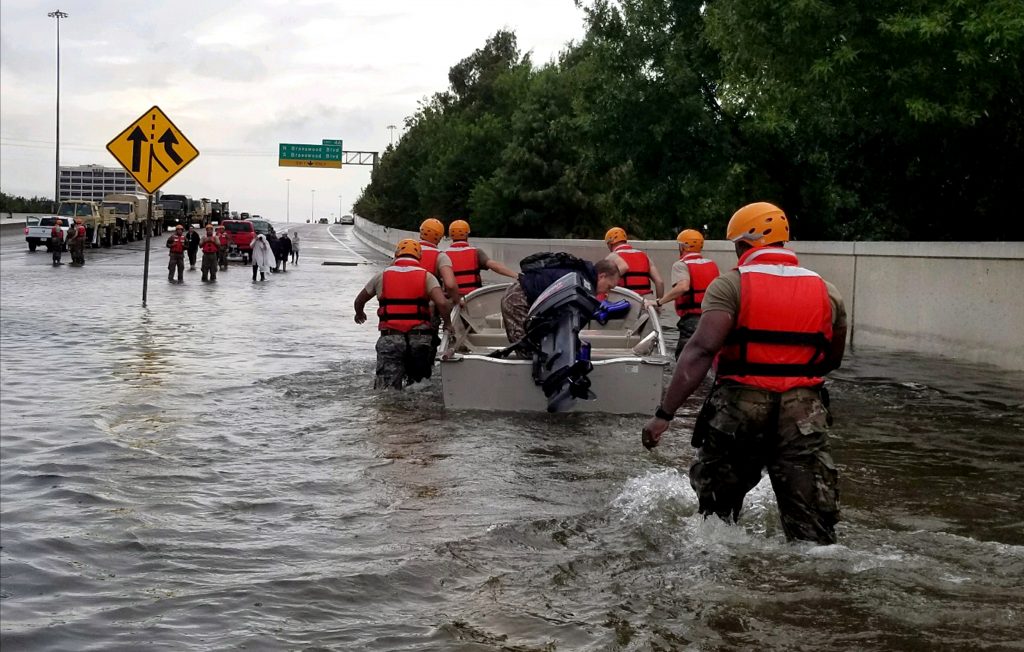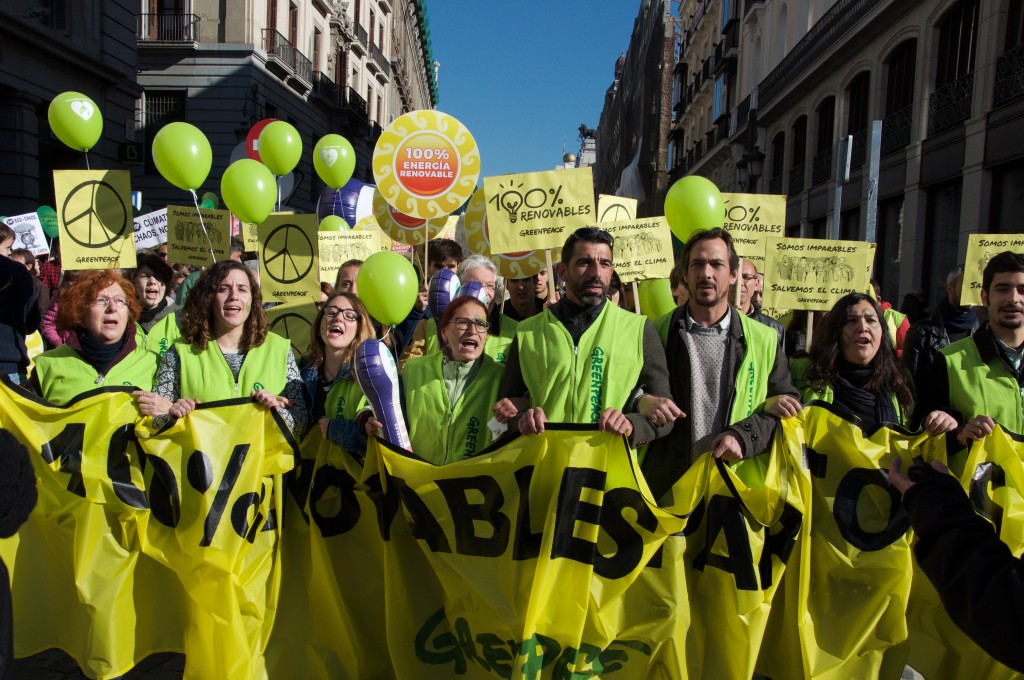
A frame-filling portrait of a male polar bear (Ursus maritimus) jumping in the pack ice. Svalbard, Norway. Photo: Arturo de Frias Marques/Wikimedia Commons
It’s been more than two years since the international community reached the Paris Agreement to address climate change implications But the accord faces an uncertain future in terms of its implementation, raising questions about effects of the climate change on countries and economies around the globe.
The agreement seeks to keep global temperature rise to below 2 degrees Celsius and backs efforts to limit the temperature increase even further, to 1.5 degrees.
The challenges range from political will to stem climate change among developed countries including the United States and addressing the lack of alternatives to traditional energy and industrial output among developing countries.
Both these measures demand dedication of resources on part of the wealthy countries both to cut down on emissions from such activities like coal energy generation and assistance for the developing countries to find access to cleaner energy.

Soldiers with the Texas Army National Guard move through flooded Houston streets as floodwaters from Hurricane Harvey continue to rise, Monday, August 28, 2017. More than 12,000 members of the Texas National Guard have been called out to support local authorities in response to the storm. (U.S. Army photo by 1st Lt. Zachary West)
All these steps will come at a cost to the rich countries including the United States and China. President Donald Trump has said the Paris Agreement is unfair to the United States but has signaled his willingness to re-negotiate the accord in a way that suits America.
Meanwhile, some wealthy countries like China, Canada and European nations have taken some steps to increases production of cleaner energy from sources like solar and wind.
Yet, last year’s cataclysmic monsoon floods in South Asian, Hurricane Harvey in the United States, unending droughts in many parts of the world, fires, earthquakes and many other calamities came as baring reminders the world needs to move much faster on arresting climate degradation.
This year North America and Europe have had a much cooler winter than in previous years, prompting opponents of climate change action advocacy to say that Nature itself corrects if there is any imbalance and that human activity is not to blame for climate change.
In New York, UN Secretary General echoed warnings that the data shows clear warnings on climate change.
“Scientists are now worried that unless accelerated action is taken by 2020, the Paris goal may become unattainable,” the Antonio Guterres said.
“I am beginning to wonder how many more alarm bells must go off before the world rises to the challenge,” he said.
“Climate change is still moving much faster than we are,” he warned, calling the phenomenon the greatest threat facing humankind.
The World Meteorological Organization (WMO), the World Bank and the International Energy Agency said the climate change continues apace.
As pointed out by the UN chief point, energy-related carbon dioxide emissions rose 1.4 percent, to a historic high of 32.5 gigatonnes.
The UN says Natural disasters caused some $320 billion in economic damage, making 2017 the costliest year ever for such losses.
In social as well as economic terms, the 2017 Atlantic hurricane season was devastating, washing away decades of development in an instant. In South Asia, major monsoon floods affected 41 million people. In Africa, severe drought drove nearly 900,000 people from their homes.Wildfires caused destruction across the world. Arctic sea ice cover in winter is at its lowest level, and the oceans are warmer and more acidic than at any time in recorded history, the world body says.
“This tsunami of data should create a storm of concern,” Guterres said, noting that next year he will convene a climate summit in New York aimed at boosting global ambition to meet the level of the climate challenge.
But will that begin a sustained collaborative world effort toward stemming climate change? The world capitals as indeed the civil society organizations and international organizations have much to do to help the world change the climate for the better.


















